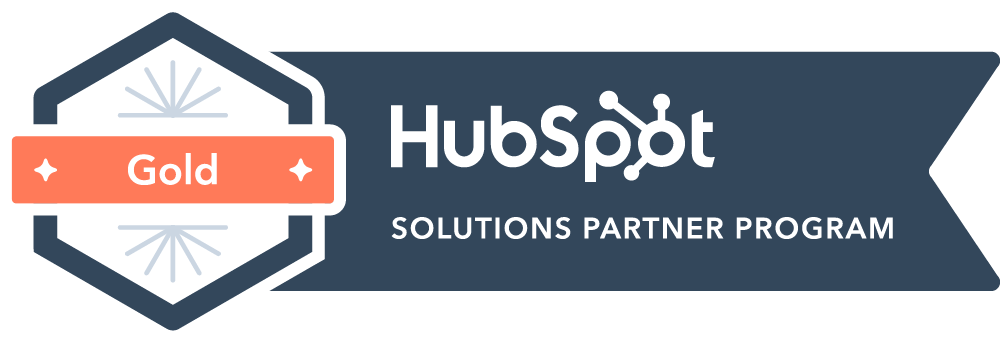KNBingo: Women's History Month edition 2024 (part 1)
Table of contents
The significance of Women's History Month cannot be overstated. It is a time dedicated to acknowledging the achievements, struggles, and contributions of women across the ages. This month serves as a poignant reminder of the indispensable role women have played in molding our societies, pushing forward rights and opportunities, and shattering barriers across various domains. By bringing these contributions to light, Women's History Month does more than just honor the past; it inspires future generations to persist in the fight for equality and justice. KNB Communications stands firmly committed to these ideals, integrating the principles of equality and inclusiveness into every facet of its operations. Through active promotion of awareness, education, and celebration of women's achievements—both internally and in its broader community activities—KNB Communications demonstrates its unwavering dedication to creating a space where the contributions of all are recognized and where equality reigns supreme.
For Women's History Month, the team at KNB Communications took part in a fun and educational game called KNBingo. Here's how it worked: Every team member received a special bingo card filled with different tasks. These tasks were all about celebrating, honoring, and discovering more about the important contributions of women throughout history. Everyone completed their assigned activities and then shared what they learned and felt during the process. It was a unique way to engage with Women's History Month and learn something new!
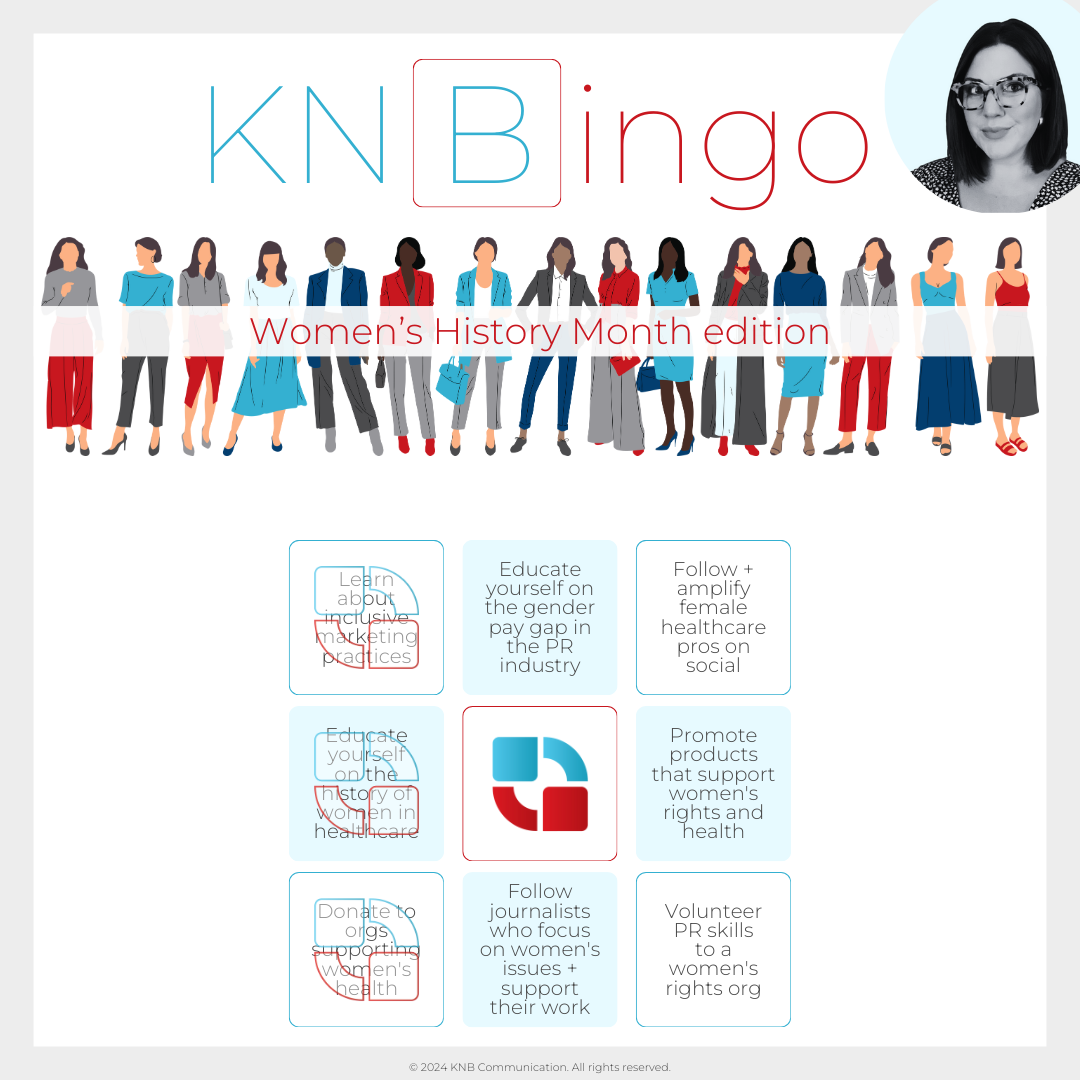
|
Bridget Saroff Account Director
|
Which task or action did you enjoy the most, and why?
I enjoyed donating to the Center for Reproductive Rights the most, as it’s important to financially support causes that are actively ensuring women get the proper healthcare. As someone who has had reproductive health issues that required treatment that are now being legally questioned, it also feels like a personal obligation. (Note: This may be too personal to share in a blog? But it’s the truth, and I don’t mind using my experiences publicly. I’ll let you be the judge.)
Was there a task you found more challenging than the others? What made it challenging? How did you overcome it?
There wasn’t a task that was more challenging, but researching the history of women in medicine took longer than I expected; there’s so much to learn and so much I didn’t already know!
Did participating in any of the activities lead to a new hobby, interest, or professional pursuit?
It definitely reminded me to continue to pay attention to women’s reproductive rights / health in the news! We are living in the midst of history in terms of legislative / state / legal decisions that are being made across the country; and it’s important to pay attention and vote to ensure women get access to the healthcare they need.
What insights did you gain about women, women’s history, women’s achievements, women’s challenges, women’s roles, or women’s representation as they relate to marketing?
Researching gender-inclusive marketing was eye-opening, as there were many good insights and tips that we can integrate in our everyday work.
How do you plan to continue supporting women’s health, achievements, and rights beyond Women’s History Month?
I plan to set up a recurring donation to a women’s health organization.
|
|
Beth Cooper Vice President of Marketing + Sales
|
Which task or action did you enjoy the most, and why?
What’s the opposite of doomscrolling? In Women's History Month, my favorite tasks were simple yet profound: researching, following, and engaging with women leaders on social media, particularly those in healthcare and communications. There's something special about connecting with real-live inspiration at the tap of a screen. Through likes, shares, and comments, I journeyed into the minds of the fearless. These women didn't just fill my feed; they fueled my fire. I enjoyed learning, growing, and being part of a larger conversation.
Can you share a story about a specific moment or interaction that was particularly impactful for you during this challenge?
Absolutely a direct result of my relentless social engagement, I was tagged several times by other women in WHM posts. To have people I admired consider me among their peers was truly motivating. It made me determined to be more active, to do more, to make a bigger impact.
Did participating in any of the activities change your perspective on women’s roles in healthcare, marketing, public relations, media relations or the workplace?
Engaging directly with the realities of women's roles in healthcare, marketing, and media changed my perspective on the gender gap. While I knew it existed, I honestly didn’t realize how dire it was–how we are actually even backsliding in some areas. It was a wake-up call, revealing just how deep the disparities run and the critical importance of not becoming complacent. It made me more committed to advocating for a future where one's gender doesn't limit their opportunities or achievements.
What insights did you gain about women, women’s history, women’s achievements, women’s challenges, women’s roles, or women’s representation?
I've been profoundly moved by the sheer resilience of women. This deep dive has proven to me that we are unstoppable. From shattering ceilings in healthcare, where women innovate and save lives amidst adversity, to spearheading creative upheavals in marketing and PR, their achievements highlight an unyielding overcoming of obstacles.
What was the most surprising thing you learned about while completing the activity or activities?
Legitimately, the most surprising thing I learned was the complexity of views among women themselves regarding feminism. This diversity of opinion reflects the broad spectrum of experiences and backgrounds that influence individual beliefs and attitudes towards gender equality.
It's a reminder that the journey towards understanding and advocating for feminism is as unique as each woman's story. This underscores the importance of dialogue and empathy in bridging divides. By celebrating our differences and leveraging them as strengths, we can build a more inclusive movement. Together, with women and the support of male allies, we stand a much stronger chance of bringing about the profound changes necessary for true equality.
What task do you think had the most significant impact on your professional development, and in what way?
The task that had the most significant impact on my professional development was celebrating women's achievements in marketing. This was particularly challenging because marketing is often a behind-the-scenes job, where the spotlight shines brighter on the brand rather than the individual marketer. It's a domain where being an unsung hero is part of the job description, a role all too familiar for many women.
This opened my eyes to the critical need for acknowledging and celebrating individual contributors, especially those of women who excel in these pivotal yet often overlooked positions. It has made me more conscious of the importance of recognizing the specific achievements of my female colleagues and more vigilant about advocating for my own contributions.
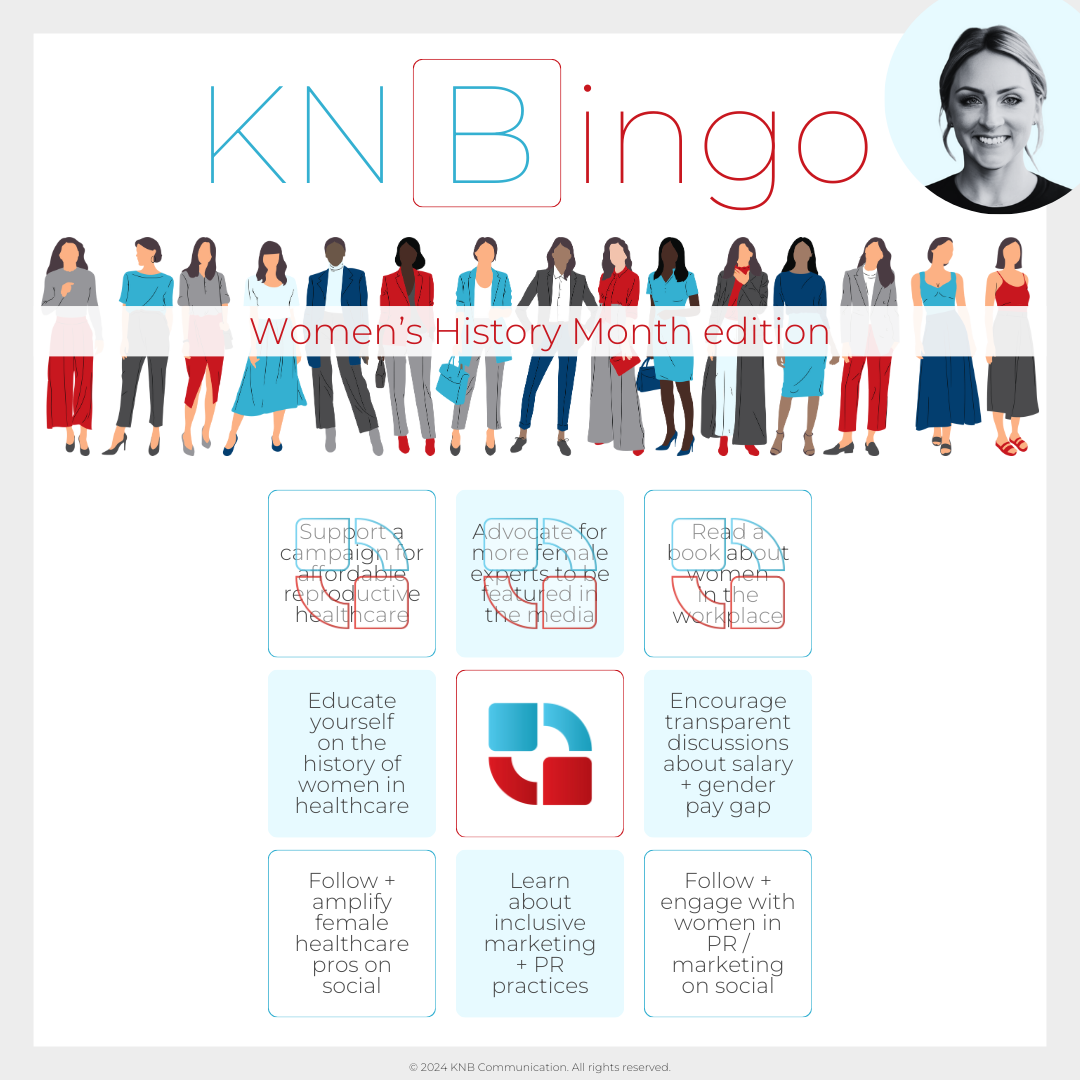 |
Emily Boland Account Director
|
Which task or action did you enjoy the most, and why?
I most enjoyed learning about a new company, Progyny, which provides members with inclusive family planning health benefits. In a post-Roe V. Wade world, it's so important for individuals (men and women alike) to have resources to support them on their journey to starting a family. Not everyone can do this the traditional way, and knowing that companies exist to help financially and emotionally support families and individuals through their IVF, IUI, adoption, or surrogacy journey makes me feel optimistic about the future of family planning!
Can you share a story about a specific moment or interaction that was particularly impactful for you during this challenge?
In some ways inspiring, and in other ways concerning, it was great to explore media opportunities for our client's female leaders throughout March. It was inspiring because the companies we work with who do have female leaders are serious heavy hitters, and it was concerning because it was a short list! Healthcare is still a male-dominated industry, especially at the executive level, which feels entirely at odds with the workforce they manage. I look forward to seeing how companies continue to diversify their leadership in meaningful ways!
Did participating in any of the activities change your perspective on women’s roles in healthcare, marketing, public relations, media relations or the workplace?
As I continue to read Mary Portas's Work Like a Woman, I’ve realized how male-dominated our professional culture is across the U.S. Nearly all women grapple with the challenges of being too direct or authoritative, a trait praised and embraced among our male counterparts. Women often hesitate to share personal details of their lives with their professional colleagues and leaders for fear of exposing something they may perceive as a weakness or limiting capabilities. For example, instead of revealing a lack of childcare, an employee may utilize a sick day without explanation. While certainly within their right to utilize sick time, do these details go unspoken because they fear what it might imply? Will an employee view them as unreliable or inaccessible because of their parental duties? How do we change that train of thought? What opportunities are we missing to build equitable, representative workplace solutions to support families because of these preconceived notions?
While I'm privileged to work with a company that champions transparent conversations and embraces new ideas, this book is a reminder to keep having the sometimes awkward conversations so we can continue to strive towards a more inclusive world.
What was the most surprising thing you learned about while completing the activity or activities?
An interesting NPR podcast prompted much discussion among the women in my circle about what it means to "have it all." We mostly agreed that the modern definition of 'having it all' followed the lines of achieving the perfect balance between three things: a career, financial stability, and a family. I was amazed to learn in an old (but new to me) podcast that the expression "having it all," coined by Helen Gurley Brown in 1982, never extended to having a family as a part of the equation. Understanding how, as a society, we've packed so much unintentional meaning into three words led to great conversation and has continued to circle back to the front of my mind.
Looking back on the entire experience, what would you say was the most valuable lesson you learned about women’s history, feminism, and / or advocating for women’s rights?
I've found myself challenging my own throught process and slowing down to question the reasons for my 'immediate' decisions while reading Work Like a Woman. It's made me more conscious of how women compensate for being female. A critical step in not just rewiring personal behaviors, but also in encouraging my female colleageues to do the same!
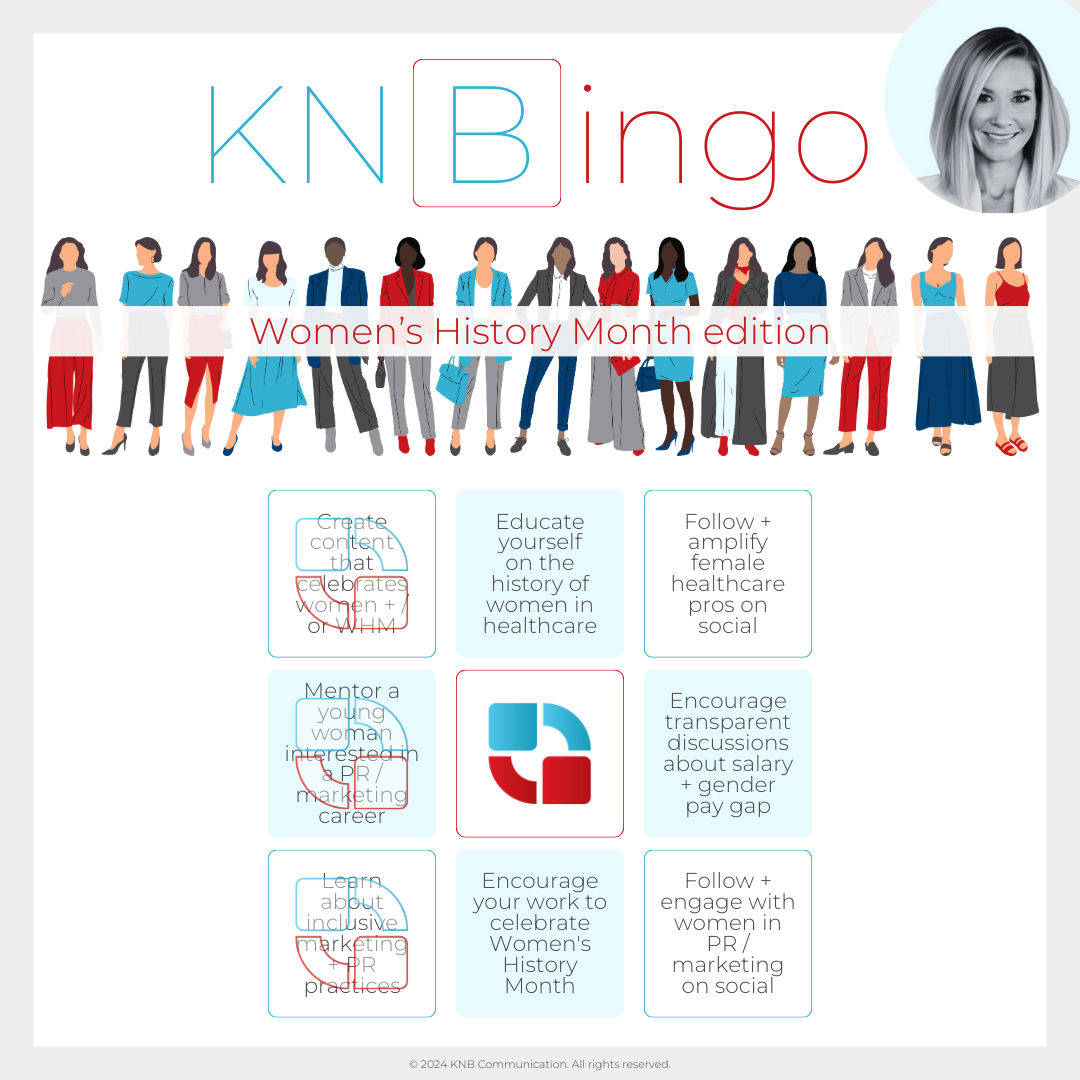 |
Laura Hill Marketing Manager
|
Which task or action did you enjoy the most, and why?
The task I enjoyed the most was creating KNBingo for Women's History Month. This project was not only a creative outlet but also a wonderful way to engage the entire KNB team in celebrating women's achievements and learning more about women's history. Designing the game to be both informative and interactive allowed us to celebrate in a manner that was inclusive and fun for everyone. It was a gratifying process seeing the team's enthusiasm and participation.
What insights did you gain about women, women’s history, women’s achievements, women’s challenges, women’s roles, or women’s representation as they relate to healthcare marketing?
My biggest takeaway regarding women's roles, especially in healthcare and marketing, is the critical importance of representation and inclusivity. Women have made incredible strides and contributions in these fields, yet their achievements are often underrepresented. This realization has made me more conscious of how we craft our messages and campaigns to ensure that we are amplifying women's voices and achievements.
Were there any tasks that prompted you to engage in discussions about gender equality or women’s rights with friends, family, or colleagues? What was the like?
Yes, these tasks prompted several discussions on gender equality and women’s rights with colleagues and friends. These conversations were enriching and sometimes challenging, pushing us to reflect on our biases and what actionable steps we can take to support gender equality in our personal and professional lives.
Did you discover any new female role models or inspirations as you completed your activities? Who are they, and why do they inspire you?
Through this journey, I discovered numerous female role models, including pioneers in healthcare and tech. One standout is Dr. Patricia Bath, an ophthalmologist who invented laser cataract surgery. Her groundbreaking work and determination in the face of numerous obstacles inspire me to push boundaries in my own career.
How do you plan to continue supporting women’s health, achievements, and rights beyond Women’s History Month?
Reflecting on this entire experience, the most valuable lesson I learned is the power of mentorship and representation. Moving forward, I plan to continue supporting women's health, achievements, and rights by actively participating in mentorship programs, advocating for more inclusive marketing practices, and using my platform to celebrate women's contributions in all fields.
Click on the link or image below to read part 2.
KNBeings are the team members behind KNB Communications. KNB Communications is a top 10 health tech marketing and PR agency specializing in healthcare, biotech, and life sciences.
Search
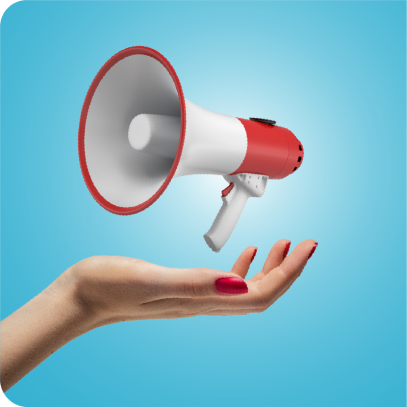

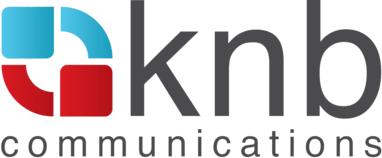
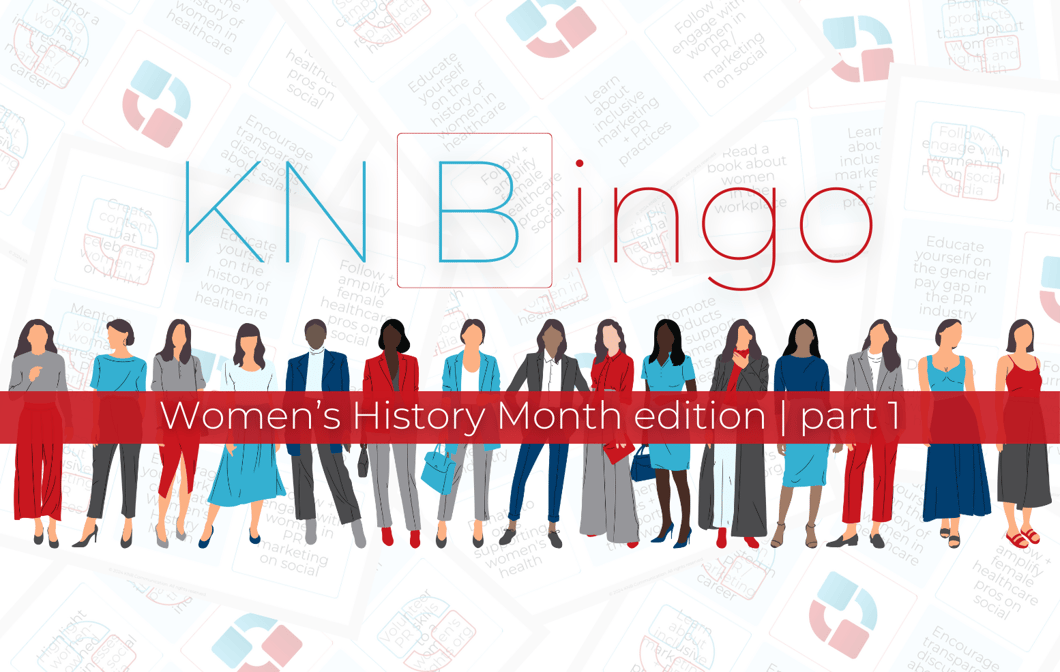
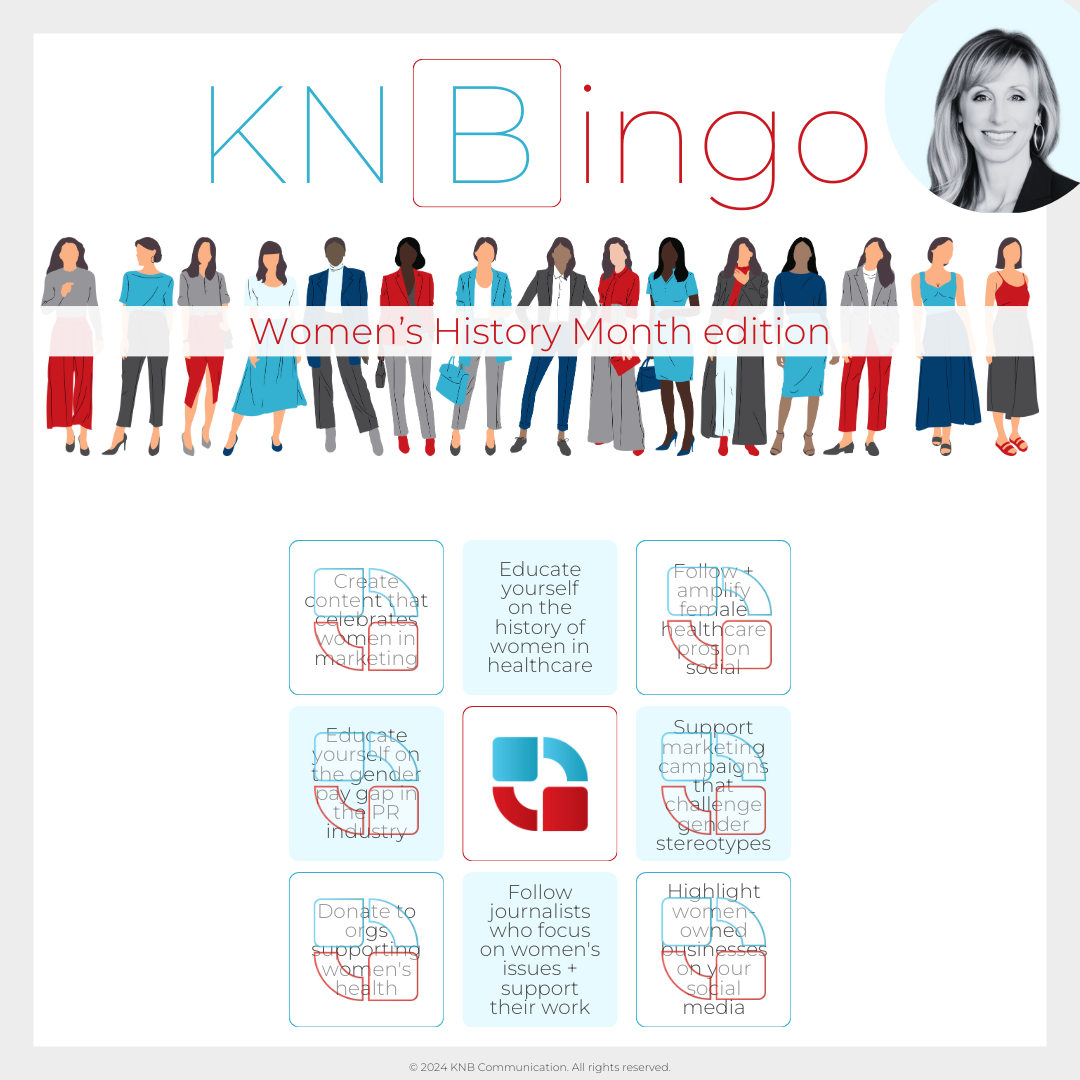

.svg)
.svg)




